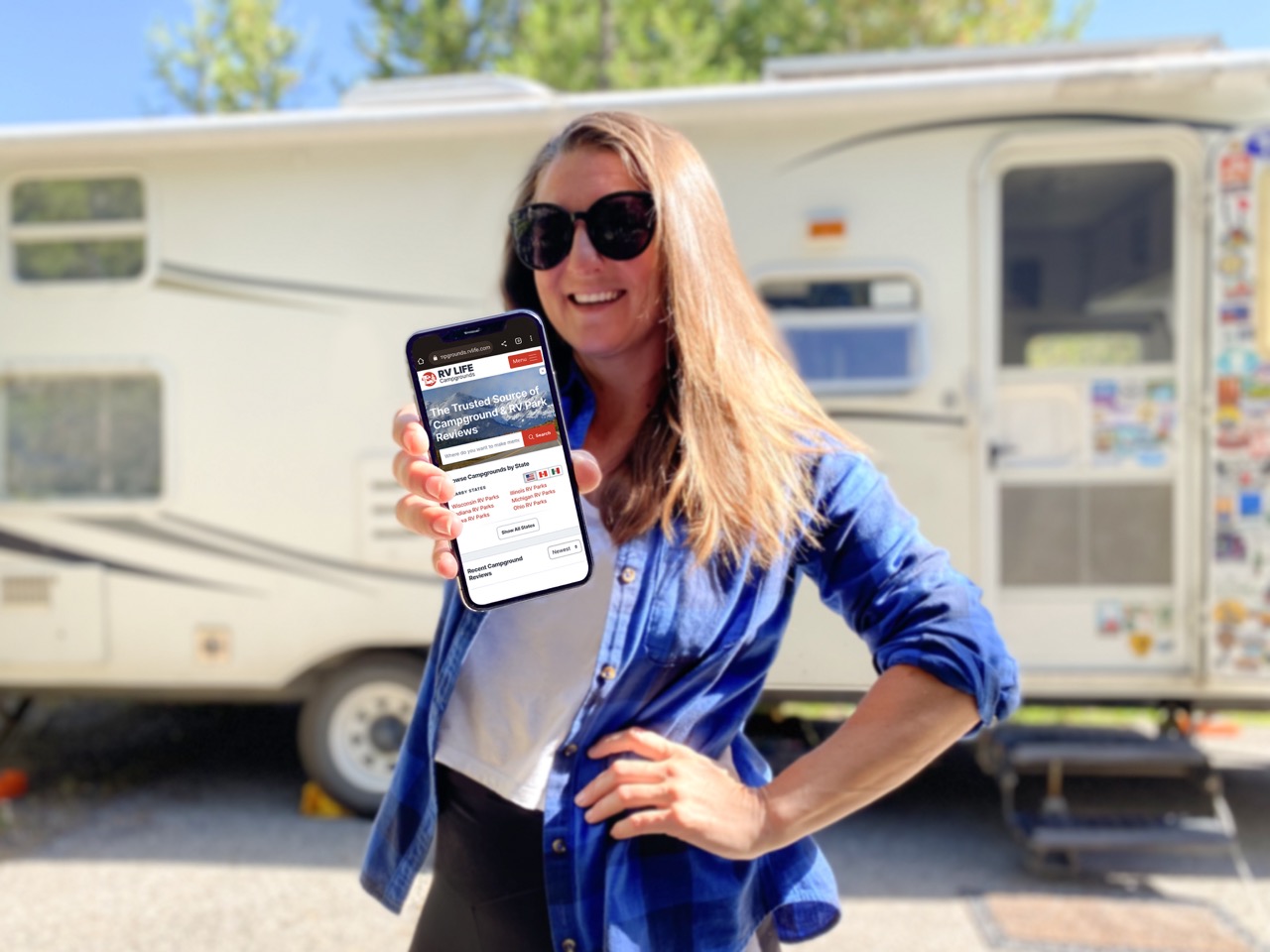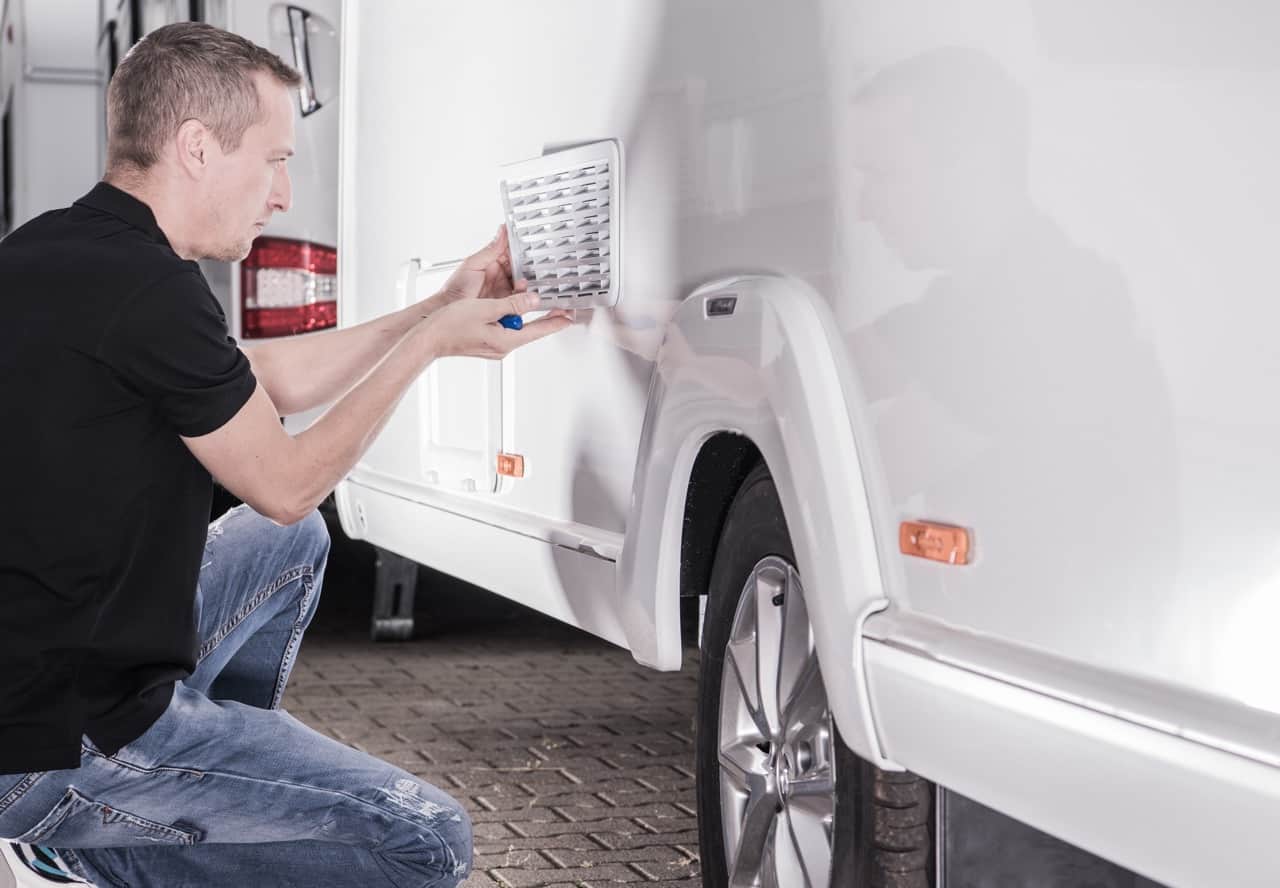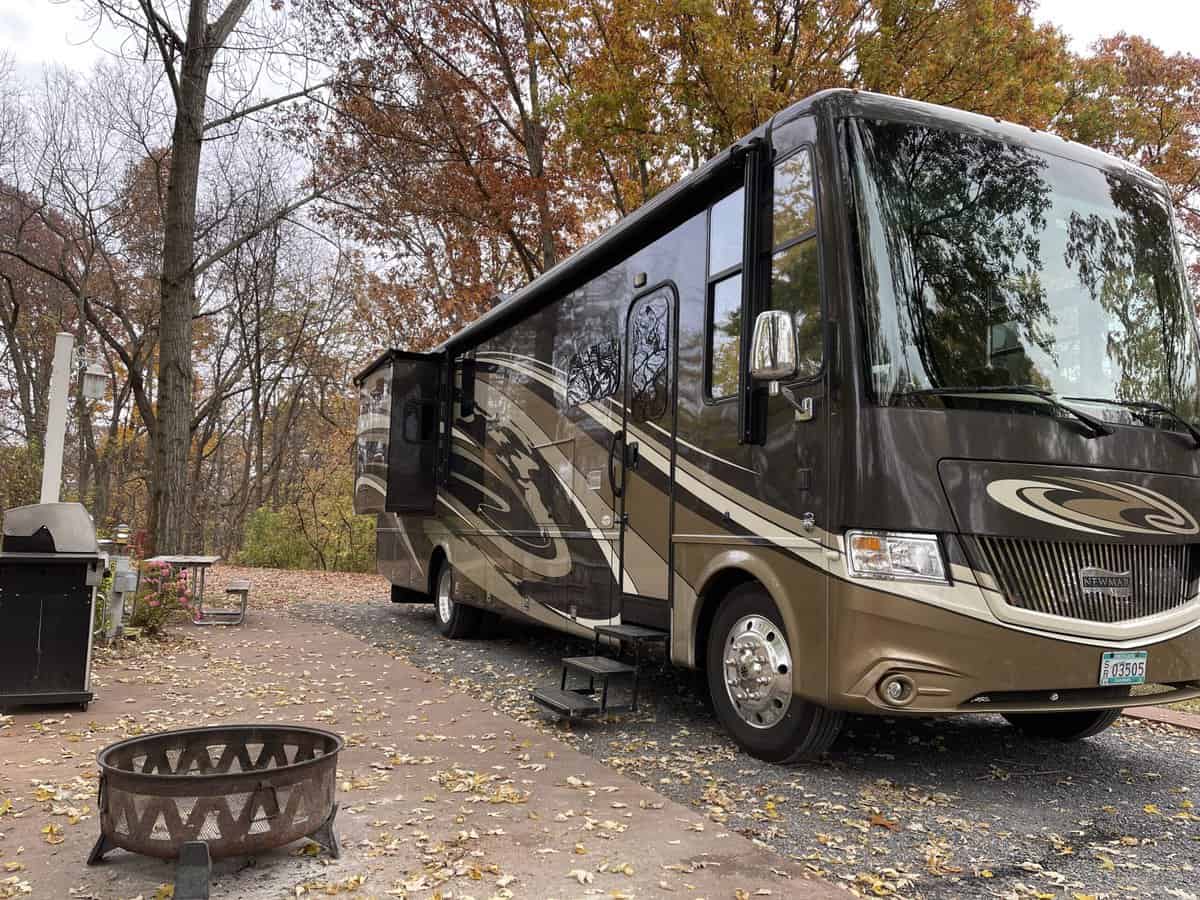
What Does It Cost To Insure An RV?
When you buy an RV, you dont want to waste any time getting it on the road. However, before you can do that, you’re going to need RV insurance. But what does it cost to insure an RV?
Like with any other vehicle, RV insurance costs depend on a ton of factors.
How much time do you spend in your RV? What condition is it in? Where do you live?
All these factors and more will affect the price you pay for insurance. Let’s take a look at the average cost to insure an RV. We’ll also look at all the factors that affect the final price.
What factors affect RV insurance costs?
When shopping for RV insurance, a wide variety of factors will affect the final cost. Let’s take a look at each one.
How often you use your RV
The more time you spend in your RV, the more you’ll have to pay for insurance. That means if you’re a full-time RVer, you’ll pay the highest rates.
If you only spend part of the time in your RV, you’ll pay less. And if you only take your RV out a few times a year, you’ll pay even less than that.
The biggest reason for this is because the more time you spend on the road, the higher chance you have for accidents and breakdowns.
What type of RV you have
The bigger your RV, the more expensive it will be to insure.
In case you aren’t familiar, self-propelled RVs are separated into three main classes. These are defined by the size and shape of the RV:
- Class A: These are the largest RVs and have the size and shape of a passenger bus. These are the most expensive to insure.
- Class B: These are the smallest class of RVs. These are your cargo van conversions and your Westfalia campers. When people say “camper van,” they most often mean a Class B RV. These are usually the cheapest to insure.
- Class C: The final class of RVs is between Class A and B in size. These are based on a truck or van chassis, with a sleeping area overhanging the cabin. The cost is between a Class A and a Class B RV.
Where you live
Generally speaking, the more people there are where you live, the more you’ll pay for insurance.
Besides everything being generally more expensive in more populated places, there are also more people driving more vehicles. And that means more opportunities for accidents.
Because of this, insurance will be cheaper if you live in a small town or rural area versus a big city. And insurance in states like California and New York will be much more expensive than in Wyoming or Iowa.
The most expensive state for RV insurance is in Michigan, with RV insurance costing an average of $4,490 per year. On the other hand, North Carolina is among the lowest with an average yearly cost of only $860.
Your past driving experience and history
Is this your first time in an RV, or do you have a decade of experience driving? More experienced drivers will see savings on their RV insurance. And it only makes sense; newer drivers are far more likely to cause accidents.
Besides your experience, your history plays a factor. If you have accidents or traffic violations on your record, you’ll likely see your rates go up. Previous auto insurance claims will also lead to higher rates.
The age and condition of your RV
Is your RV new or used? How old is it? What condition is it in? All of these factors will have a big effect on your insurance costs.
Generally speaking, a new RV will be cheaper to insure. A new RV will be in perfect condition and still have a warranty. This makes it less of a liability and cheaper to insure.
But if you have an old, used RV, you’ll likely pay higher rates. An older vehicle is much more prone to breakdowns and problems. To cover that extra liability, you’ll have to pay more.
The same applies if your RV is in poor condition. A higher chance of problems means a higher cost. So, keeping a used RV well maintained will help keep costs down.
The coverage you select
When you buy insurance, you’ll select different coverages for your policy. Each one will protect you against different types of liability. The different types of RV insurance coverages are:
- Bodily injury liability: This covers medical bills and loss of income in the event someone is injured in an accident.
- Property damage liability: This covers damages to another person’s property if you cause an accident.
- Collision: This covers damage to your RV in an accident, regardless of who’s at fault.
- Comprehensive: This covers damage to your RV not caused by a collision, such as storms, vandalism, and theft.
- Uninsured/Underinsured motorist: This covers expenses caused by other drivers who do not have insurance or have less than the required amount. In some cases, it also protects from hit and runs.
- Medical payments: This covers the cost of medical bills for you and your passengers, regardless of who’s at fault.
Each state has different laws regarding insurance coverage requirements. You’ll be required to have certain types and amounts of coverage based on your state’s laws. Most states require at least some amount of bodily injury liability and property damage liability coverage.
The more coverage you have, the more you’ll pay. But, paying a bit more for extra coverage can be well worth it.
What is the average cost to insure an RV?
If we want to answer the question “What does it cost to insure an RV,” we should make a distinction between self-propelled RVs and towed RVs.
A self-propelled RV refers to an RV with its own engine, often called a motorhome. Towed RVs, such as travel trailers, fifth wheels, and pop-up campers, must be towed by another vehicle.
A self-propelled RV will cost between $200 to $3,000 a year to insure on average. But policies for larger RVs, like Class As, can get into the $4,000+ range, especially in more expensive places.
Trailers are generally cheaper than motorhomes to insure. Depending on the type of trailer and where you live, you’ll pay between $100 and $1,000 a year on average. Generally speaking, the bigger the trailer, the more expensive it is to insure.
Bottom line: The cost to insure an RV depends on your situation
So many different things affect the cost of RV insurance. The kind of RV drive, the coverage you need, and even your RV driving experience are considered when calculating insurance costs.
So, what does it cost to insure an RV? On average, you’ll pay between $200 and $3,000 a year for coverage.
Whatever the cost, RV insurance is a great idea. For one, it’s legally required before you can hit the road. But more importantly, it provides peace of mind if anything goes wrong on your travels.
You can start with policy shopping from an online provider like RVerInsurance.com. RVer Insurance Exchange offers free quotes for RV Insurance, Health Insurance, even Extended Warranties.
Related articles:




